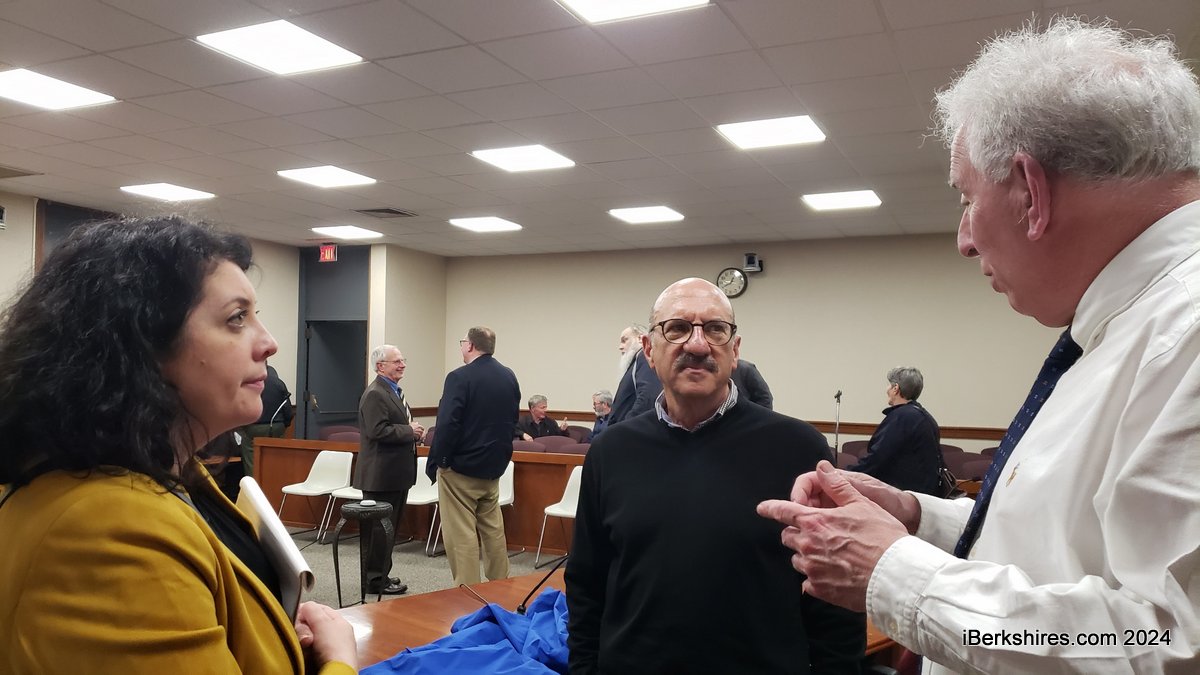
Make Sure You Choose the Right Financial Professional
 |
What kind of lifestyle do you hope to have in retirement? Do you have a strategy to get there? If you don't have confidence in your plan, it may be time to engage a financial professional. But how do you choose the one who's right for you?
These days, you have more options than ever – including so-called "robo-advisors." Robo-advisors typically use algorithms to assemble investment portfolios, with little to no human supervision, after customers answer questions online. Generally, robo-advisors are fairly cheap, and their recommendations are usually based on sound investment principles such as diversification.
However, when considering a robo-advisor, you should determine if an algorithm can address your needs as well as a human being – someone who actually becomes familiar with your life and all aspects of your financial situation. Furthermore, a robo-advisor can't really handle the new wrinkles that will inevitably pop up, such as when you change jobs, and you’d like to know what to do with your 401(k) from your previous employer – leave the money in that employer's plan, transfer the account to the new employer’s plan or roll it over to an IRA. You probably couldn’t receive a personalized evaluation of your options, based on your individual goals and circumstances, from a robo-advisor.
So, if you decide to work with an individual financial professional, what should you look for from this person? Here are a few questions you might want to ask:
Who is your typical client? By asking this question, you may get a sense of whether a particular financial advisor has experience working with people in your financial situation and with goals similar to yours.
What's important to you? The quality of your relationship with your financial advisor is important – after all, you may be working with this person for decades – and he or she likely will be involved with many of your most personal decisions. Consequently, you'll want to work with someone you connect with on an individual level, as well as a professional one. So, if an advisor seems to share your values and appears to have good rapport with you, it could be a positive sign for the future.
How will we communicate – and how often? If you're interviewing candidates, ask them how often they will meet with you in person. At a minimum, an advisor should see you once a year to review your progress and suggest changes. Will they also call or e-mail you with suggestions throughout the year? Are you free to contact them whenever you like? Will you get a real, live person every time you call? Will they send out newsletters or other communications to update you on changes in the investment
world? If so, can you see some samples of the communication vehicles they send to clients?
How do you get compensated? Some financial advisors work on a fee basis, some on commissions, and some use a combination of both. Find out how your advisor will be compensated, when you’ll need to make payments and how much you’ll be expected to pay.
By asking the right questions, you should get a good sense of whether a particular advisor is right for you. And since this likely will be one of the most important professional relationships you have, you'll want a good feeling about it, right from the beginning.
This article was written by Edward Jones for use by your local Edward Jones financial advisor. Courtesy of Rob Adams, 1 Berkshire Square, Suite 114, Adams, MA 01220, 413-743-0552. Edward Jones, its employees and financial advisors cannot provide tax or legal advice. You should consult your attorney or qualified tax advisor regarding your situation. For more information, see EdwardJones.com.
Tags: financial planning,
















